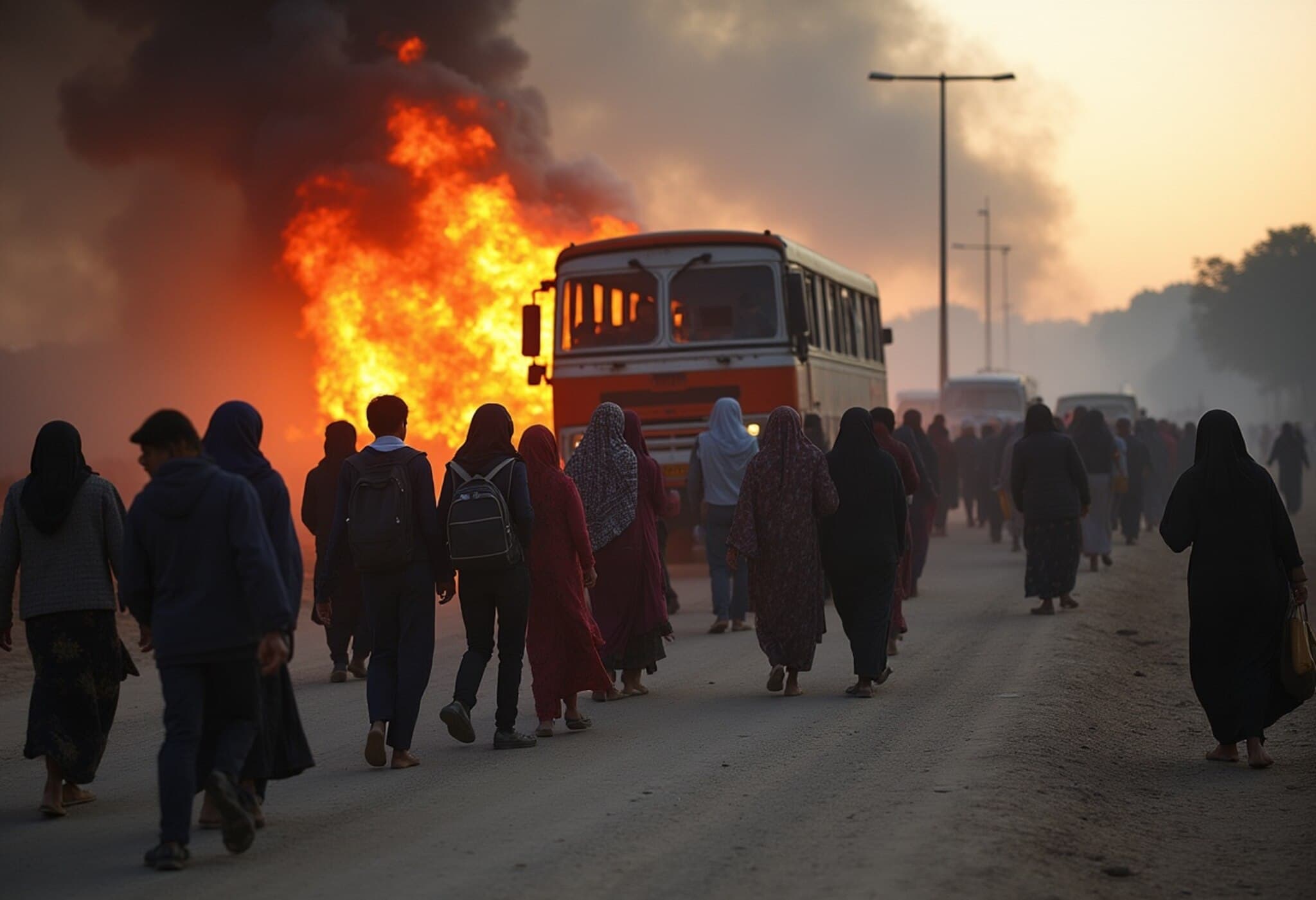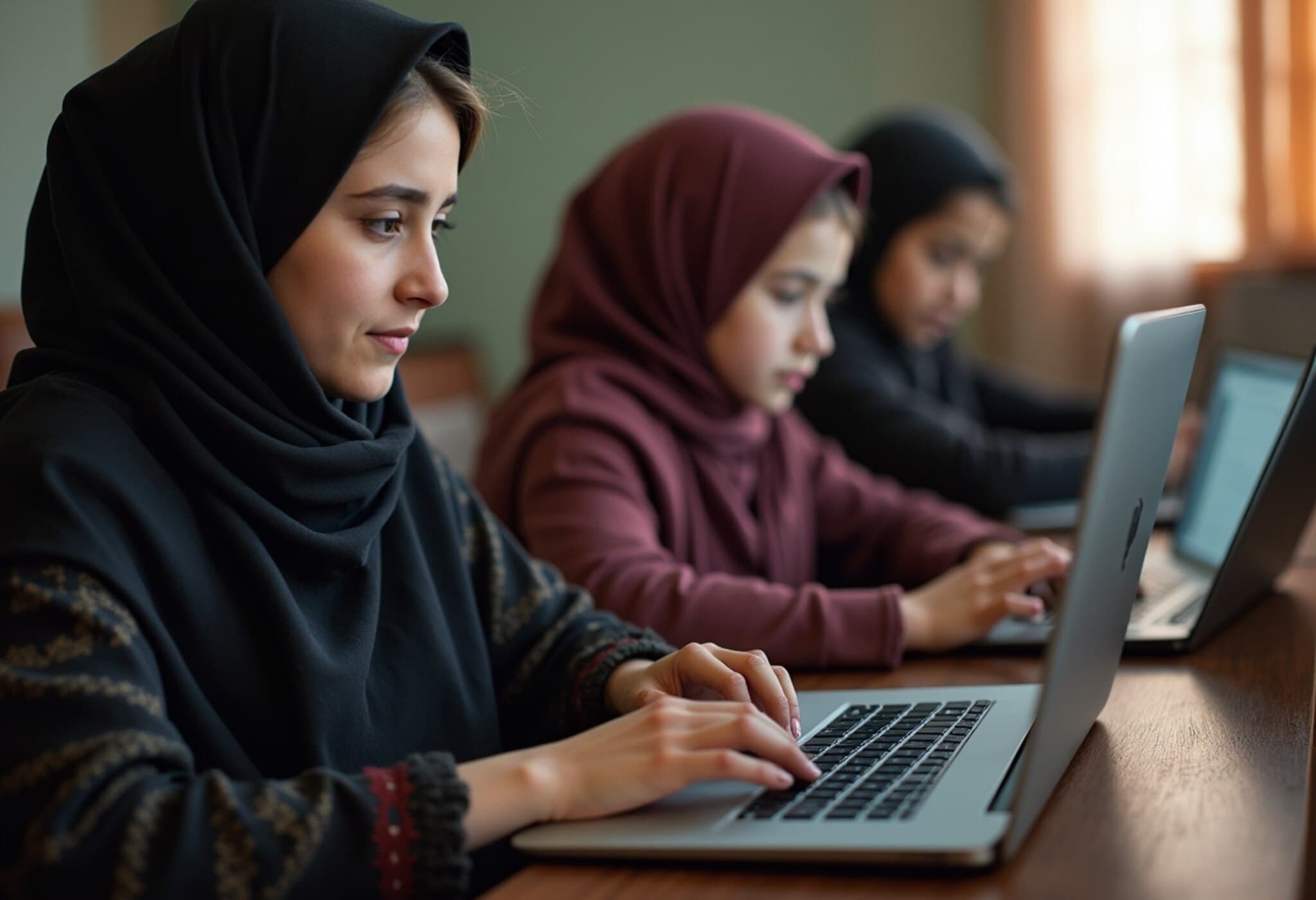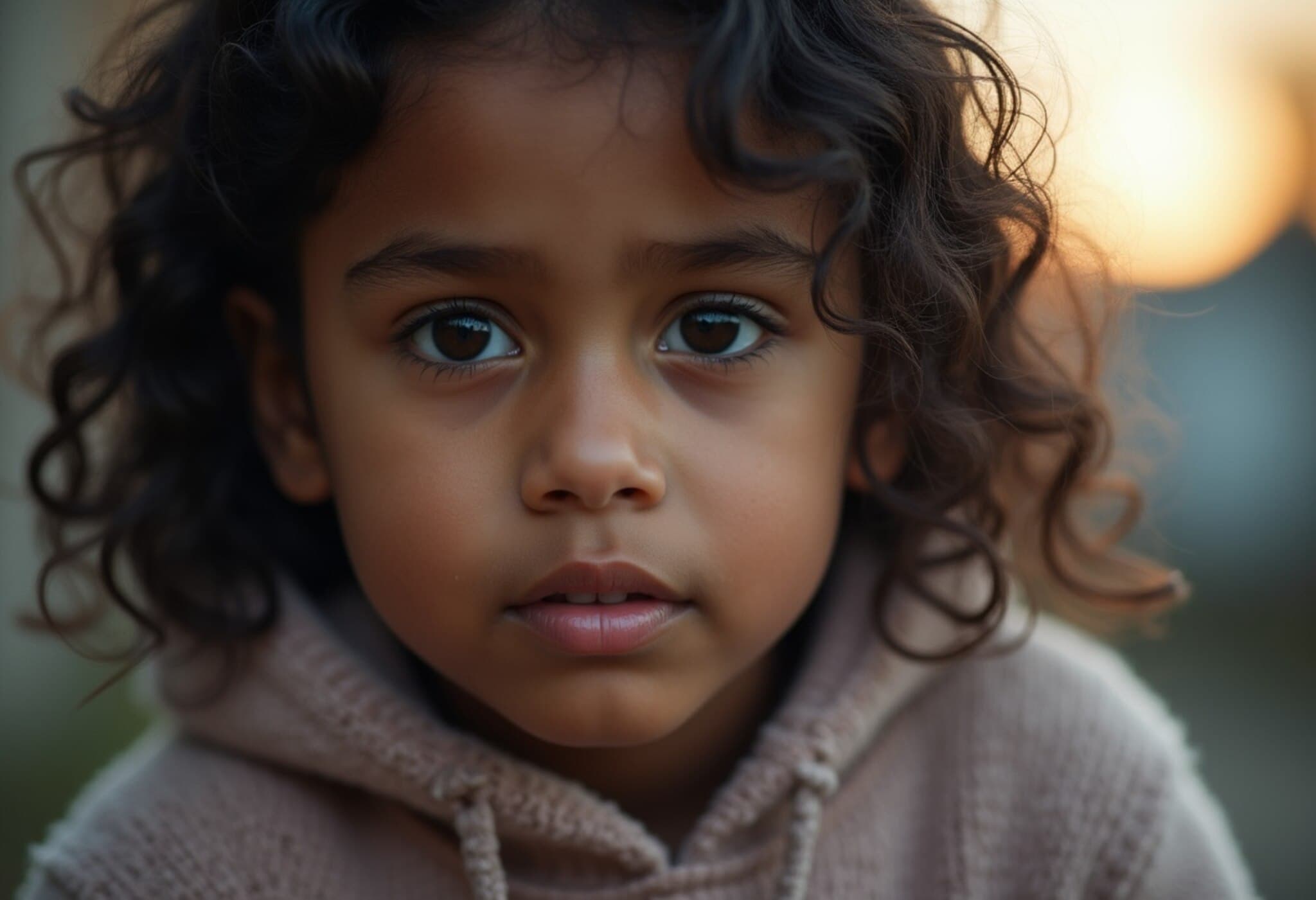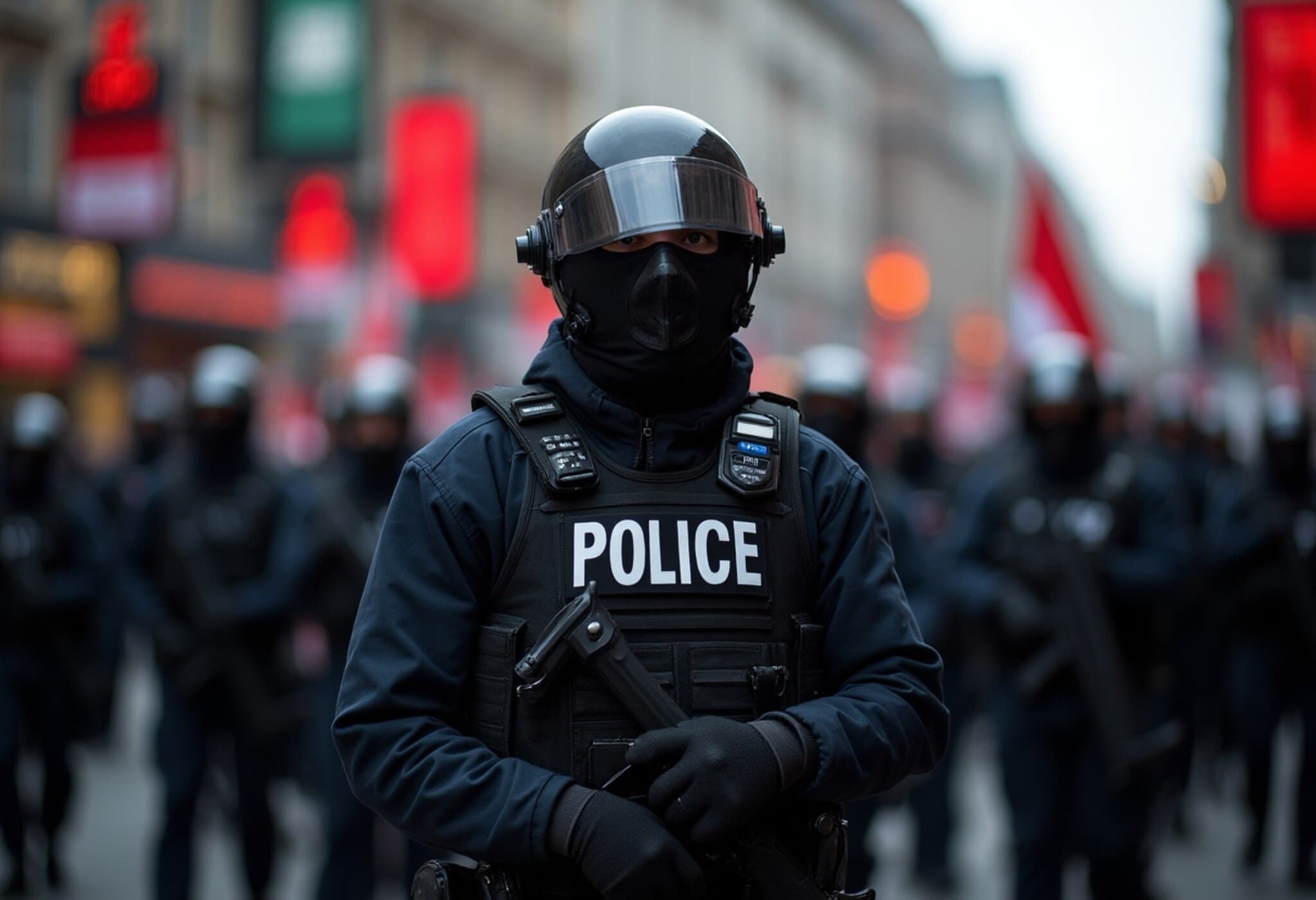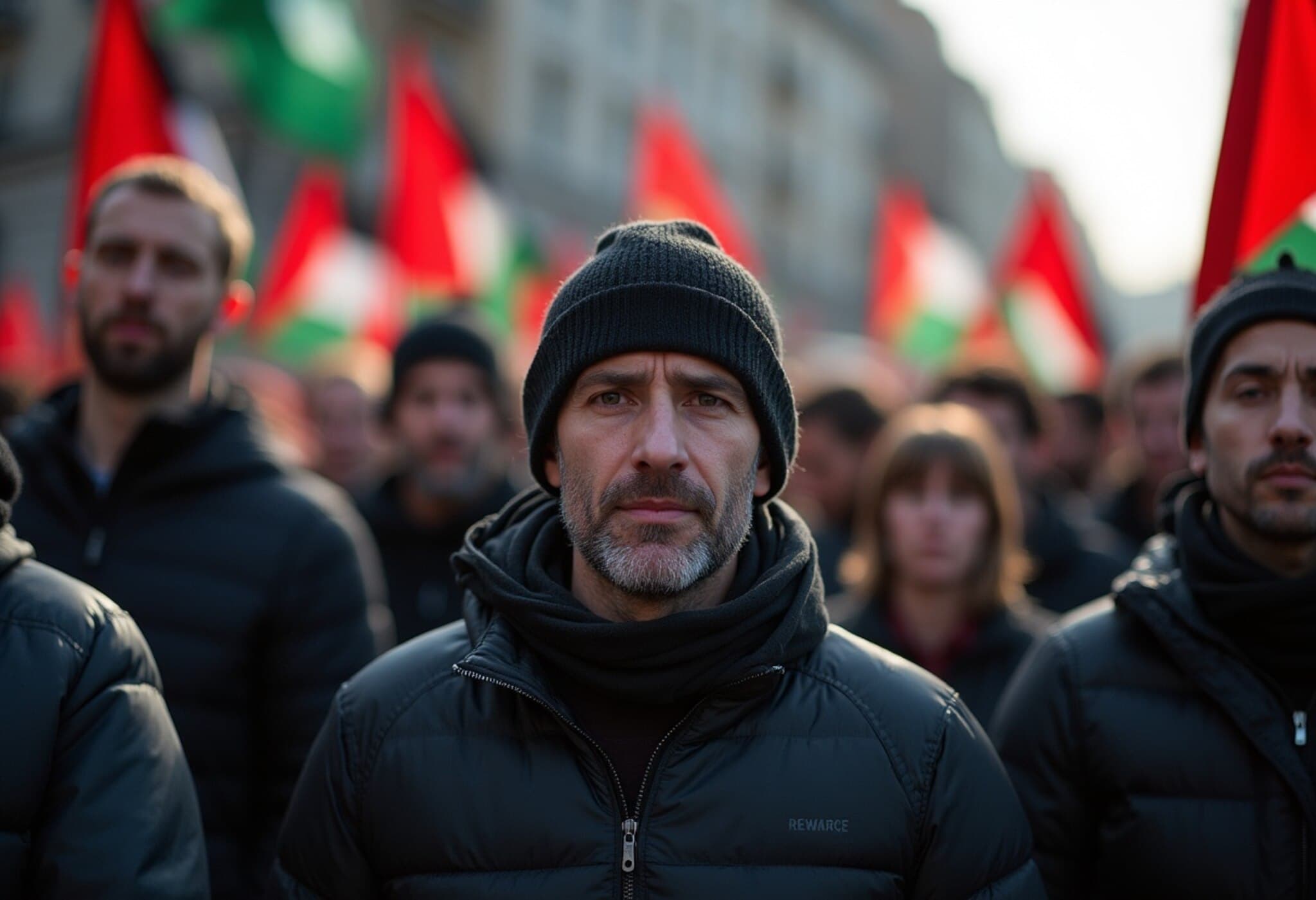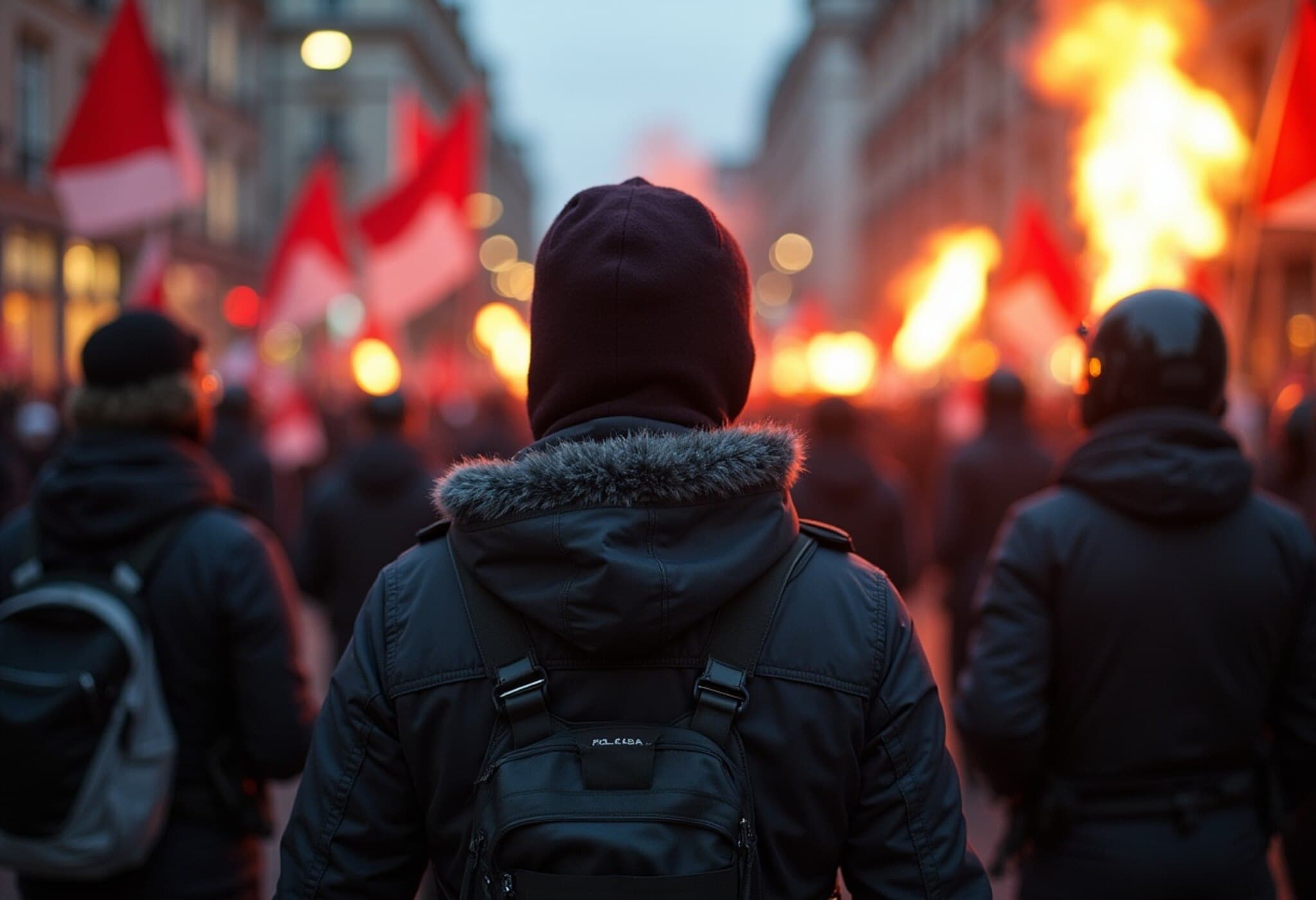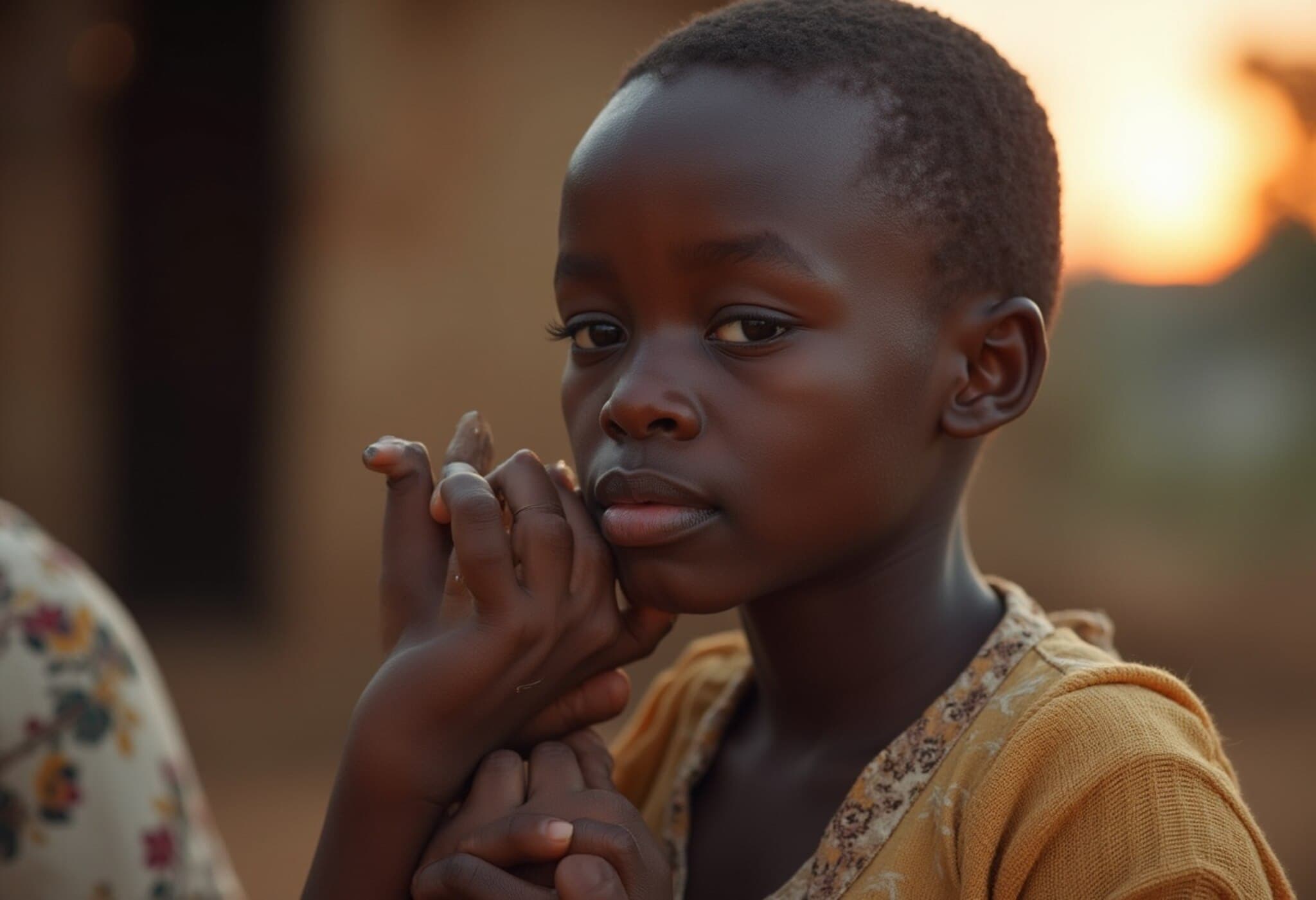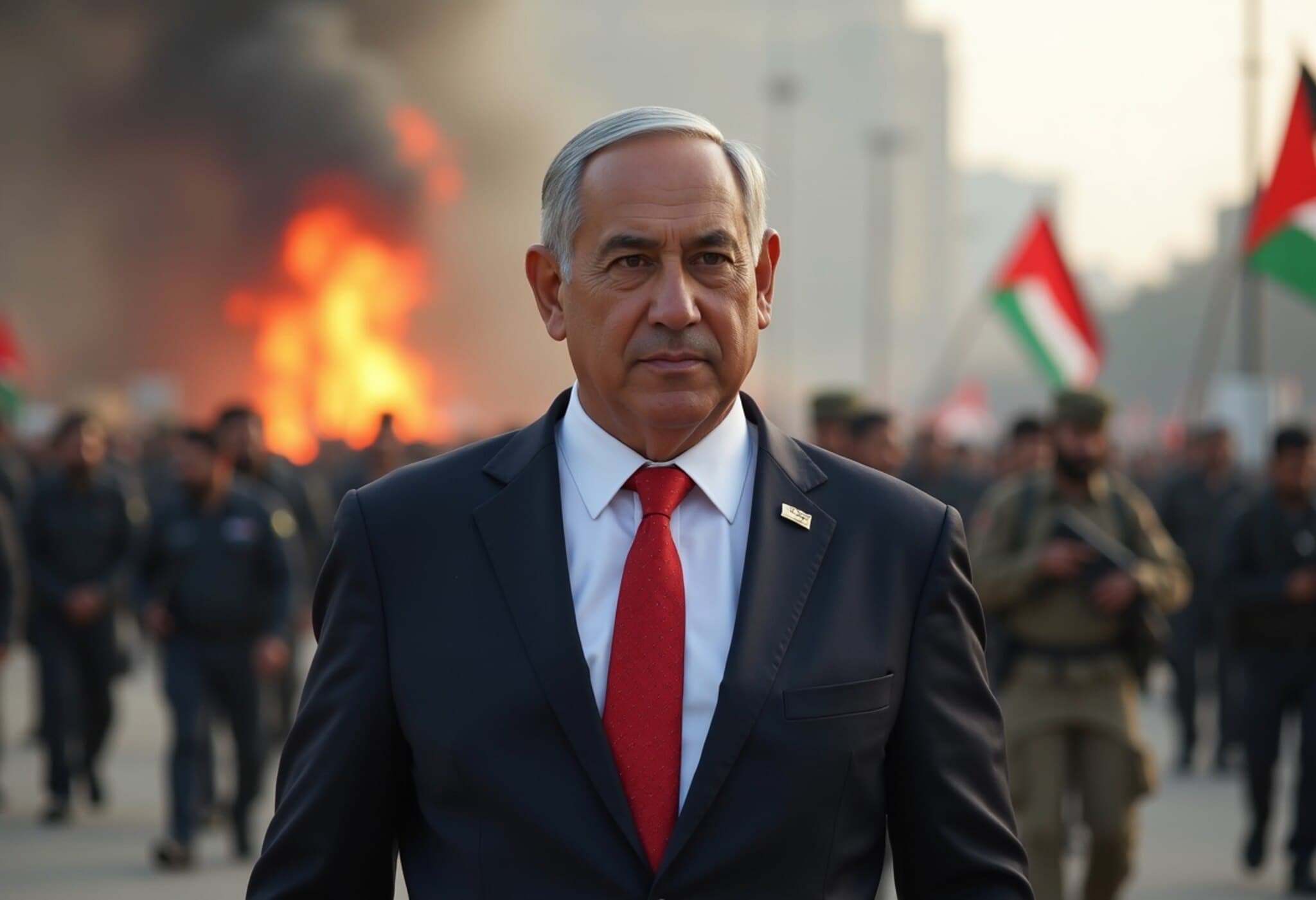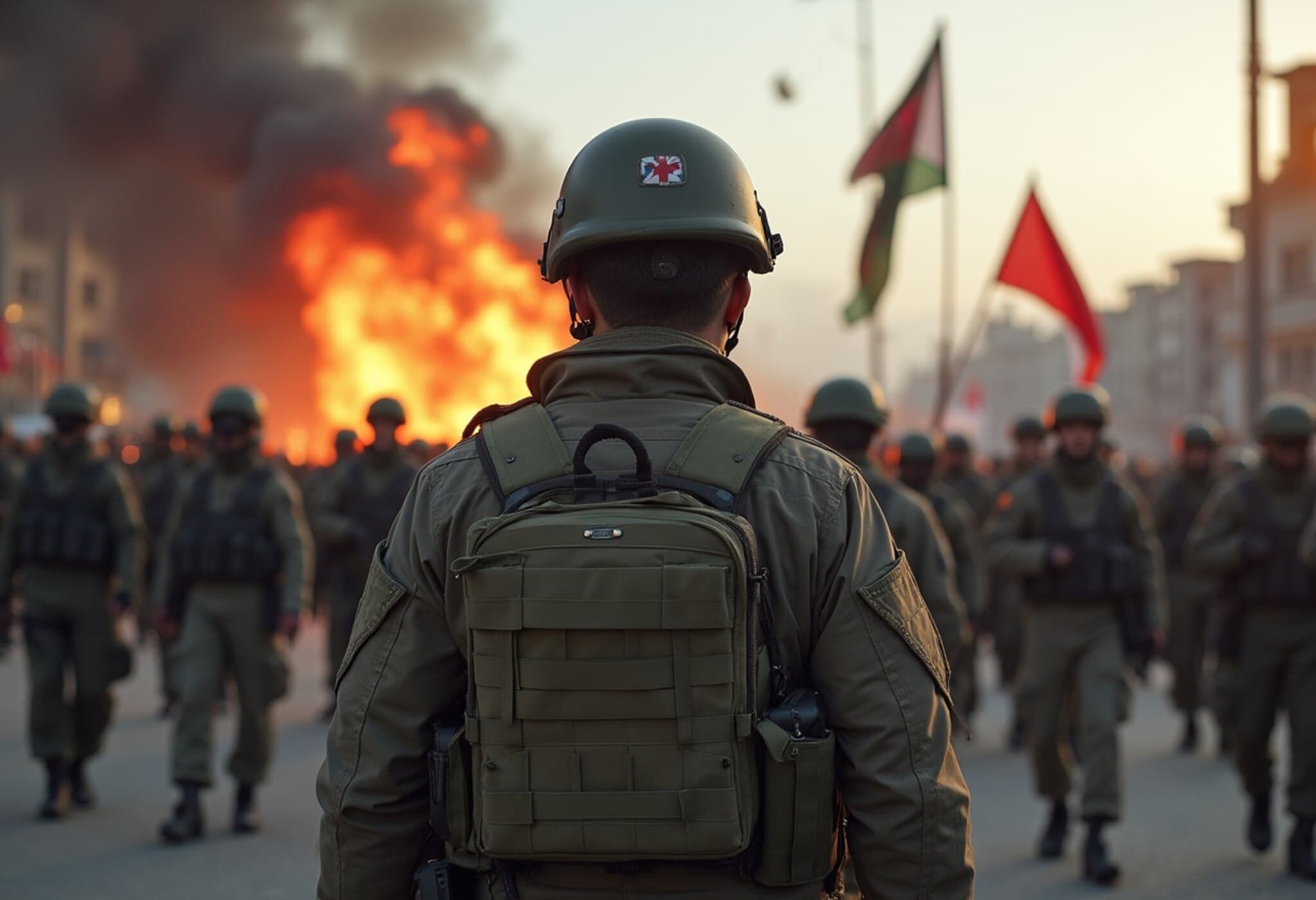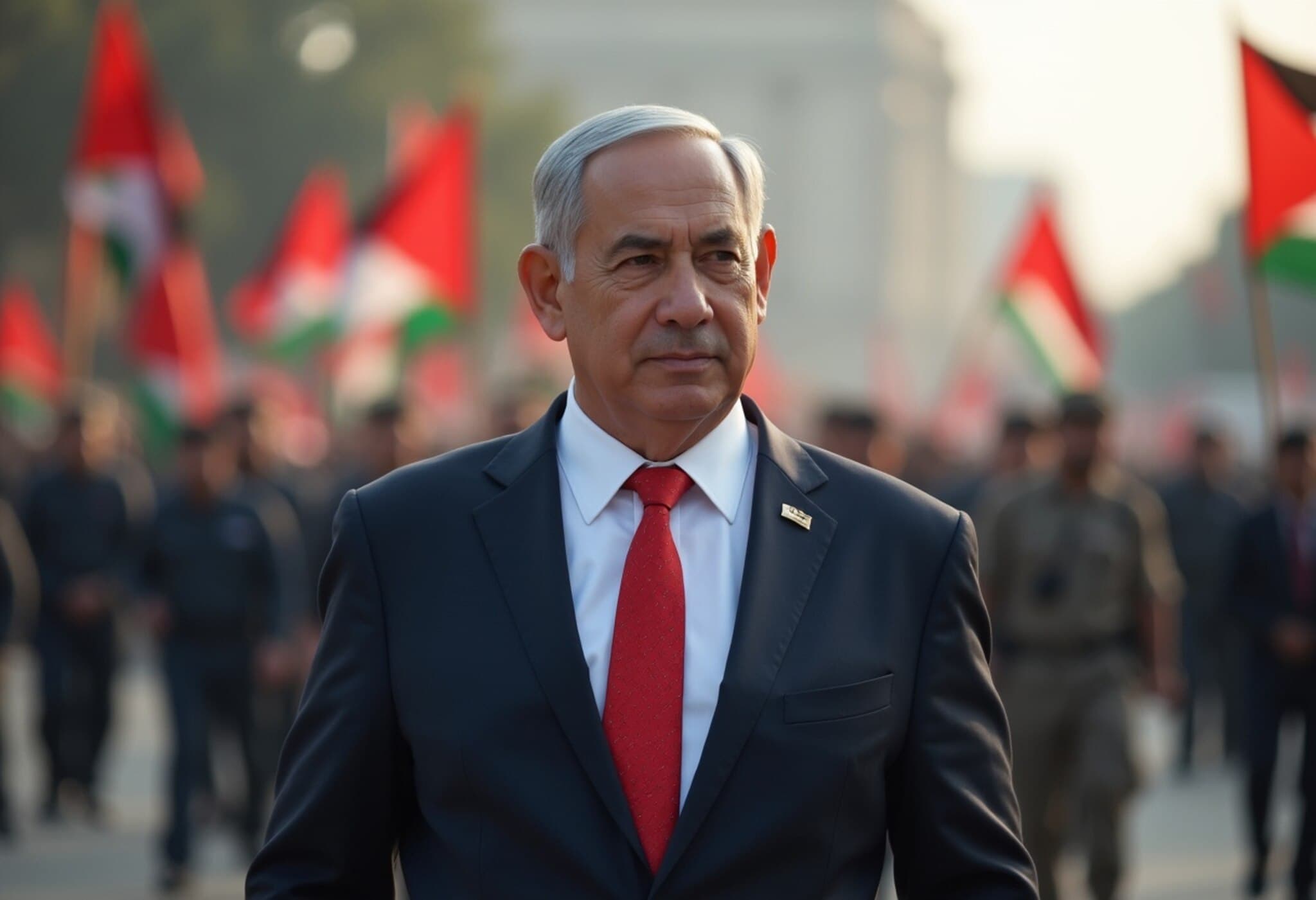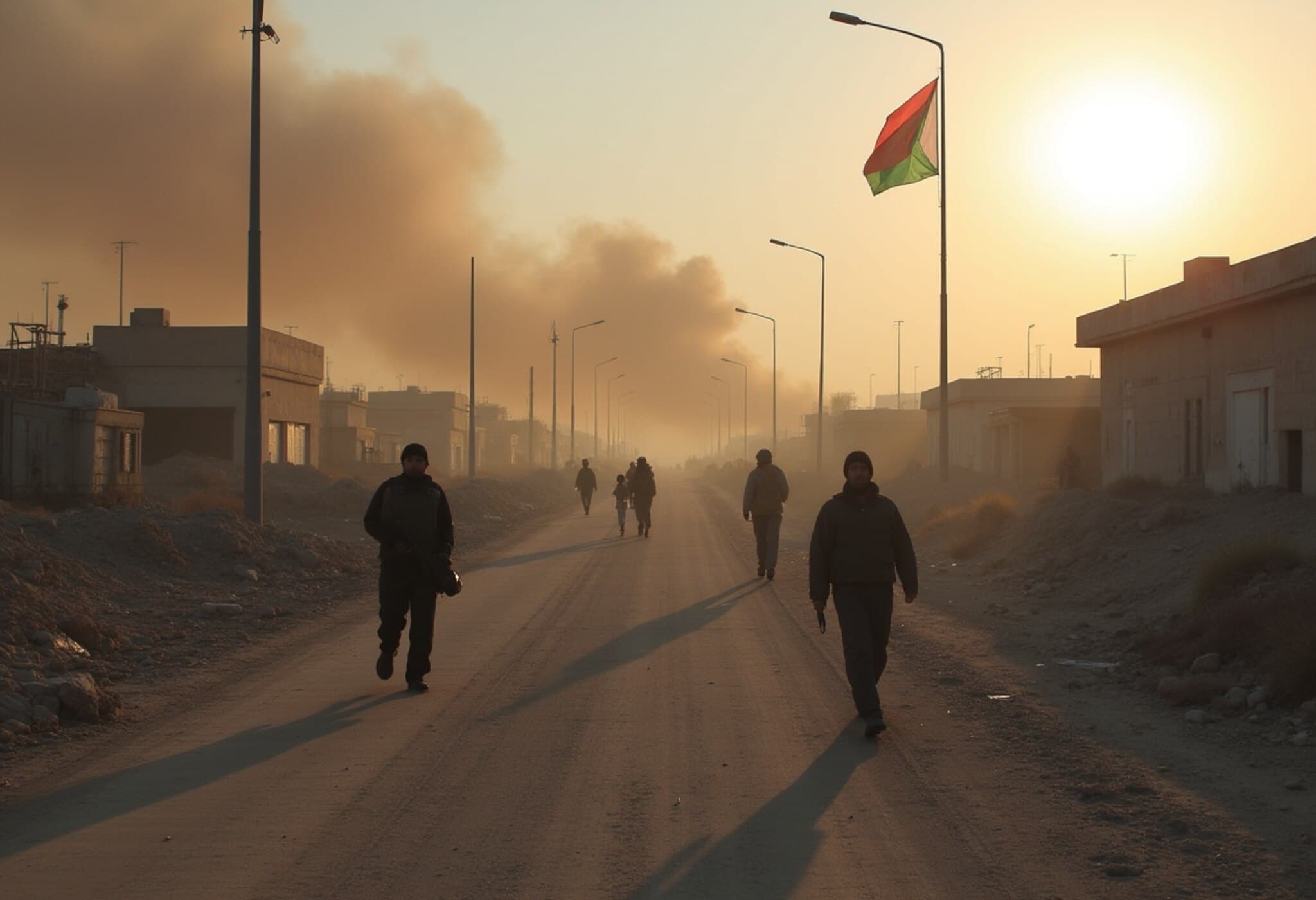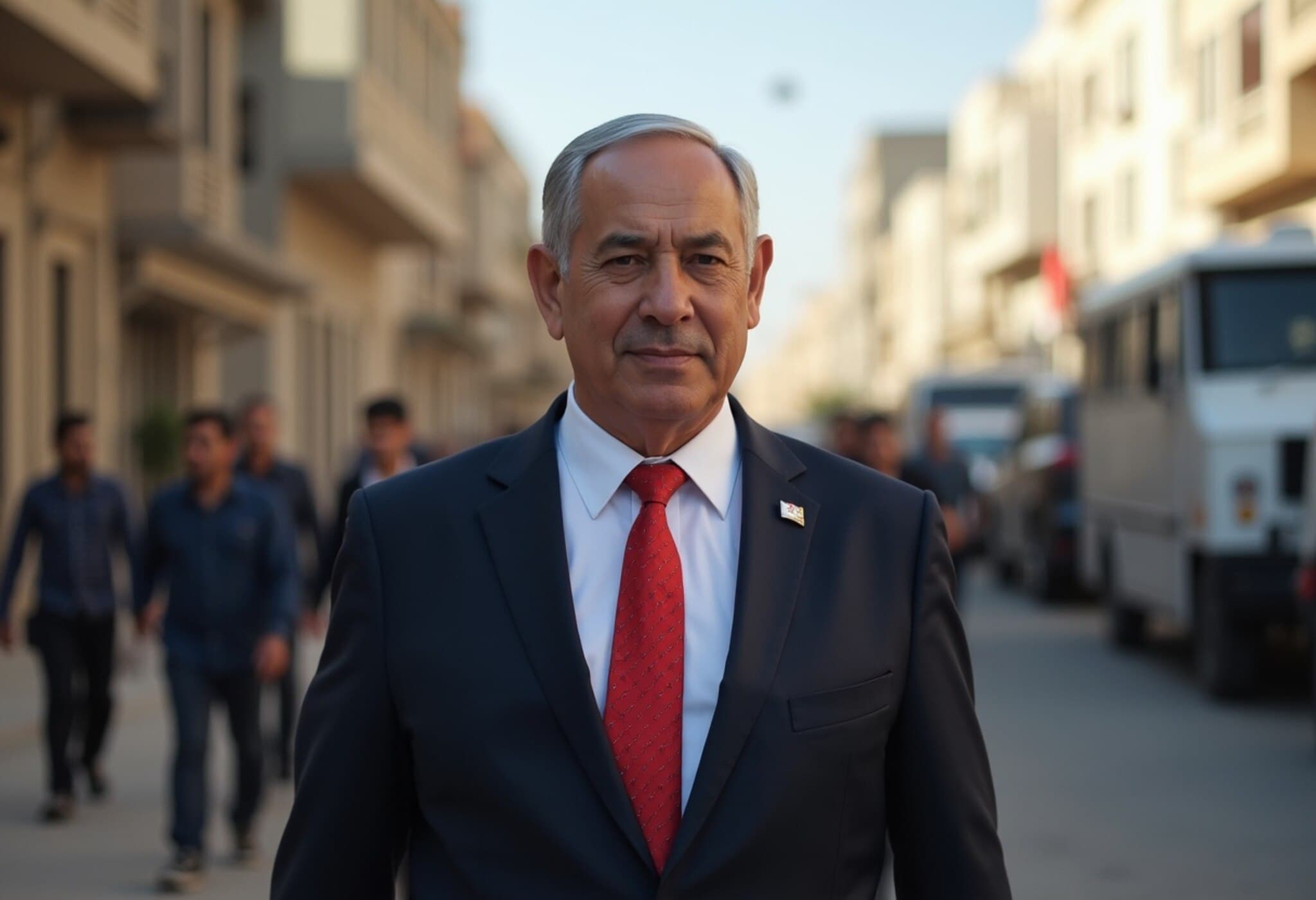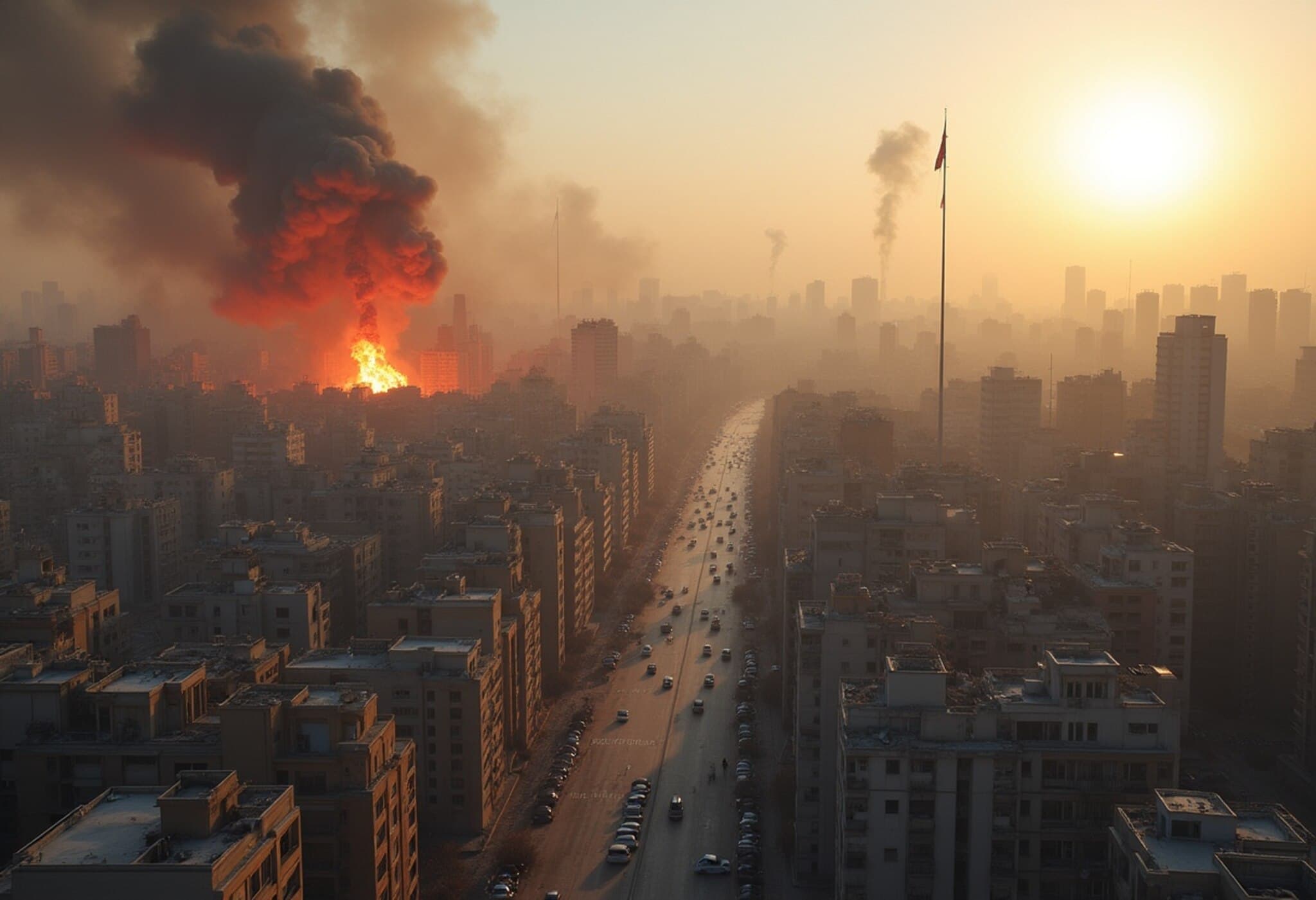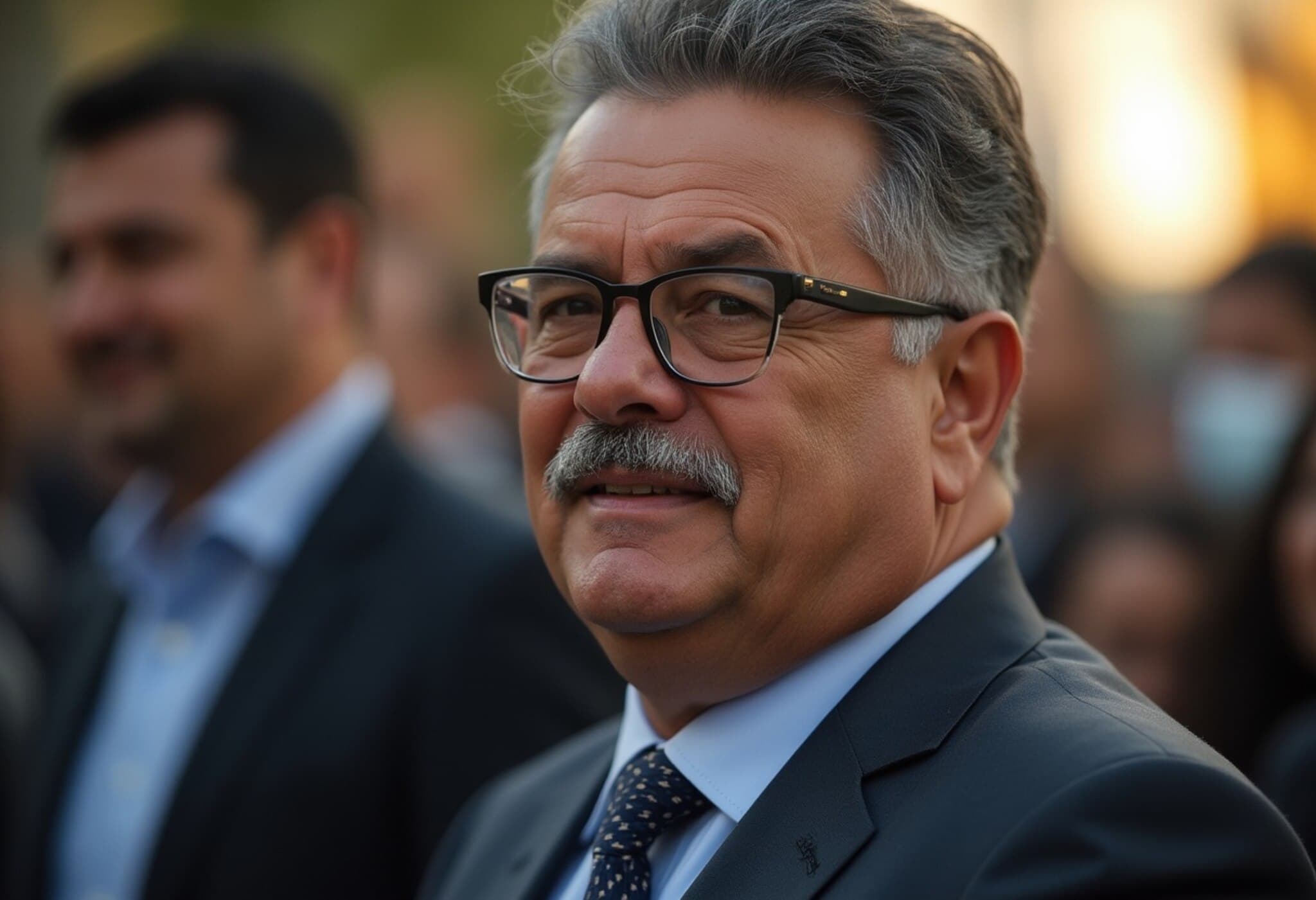Greta Thunberg Mobilizes Global Flotilla to Break Gaza Blockade
In a bold move demonstrating solidarity with the Palestinian people, Swedish climate activist Greta Thunberg has announced a second, significantly larger flotilla mission aiming to deliver humanitarian aid to Gaza. Scheduled to set sail from Spain on August 31, 2025, this initiative seeks to confront the longstanding Israeli naval blockade that has restricted Gaza’s access to essential supplies.
What is the Global Sumud Flotilla?
Dubbed the Global Sumud Flotilla (sumud meaning 'steadfastness' in Arabic), the mission brings together activists, doctors, artists, and notable public figures from 44 countries. Among the prominent participants are US actress Susan Sarandon, Swedish actor Gustaf Skarsgård, and Irish actor Liam Cunningham. The convoy will consist of multiple vessels departing Spanish ports with planned stops en route to Gaza, emphasizing its international scale and determination to persist where previous efforts have been obstructed.
The organizers emphasize that this is an independent campaign, unaffiliated with any government or political entity, focusing solely on humanitarian aid and raising awareness about Gaza’s dire situation.
Context: Previous Attempts and Israeli Response
The August flotilla follows two earlier missions in June and July, both thwarted by Israeli naval forces. Notably, on June 9, the Israeli military intercepted the British-flagged vessel Madleen, carrying Greta Thunberg and other activists. The ship intended to deliver essentials like rice and baby formula but was boarded in international waters by Israeli troops, with passengers detained and later released. Israel’s foreign ministry dismissed the mission as a political stunt, labeling Thunberg and participants as propagandists, while asserting the blockade is necessary to prevent arms smuggling amid ongoing security concerns.
Photographs from the seizure showed activists in life jackets with raised hands, underscoring the tension and high stakes involved in such humanitarian efforts. Hamas condemned the interception as "state terrorism," adding another layer to the complex regional dynamics.
Legal and Ethical Dimensions
The Israeli naval blockade has been in place since Hamas took control of Gaza in 2007. Israel cites security rationale, particularly after the October 7, 2023 Hamas attacks that tragically killed over 1,200 people and intensified the Israel-Gaza conflict. Meanwhile, Gaza’s health ministry reports over 61,000 Palestinian deaths linked to ongoing hostilities, highlighting the severe humanitarian crisis.
International human rights voices, including the UN’s special rapporteur Francesca Albanese, have urged the international community to persist with efforts to challenge the blockade. Albanese emphasized, “Madleen’s journey may have ended, but the mission isn’t over. Every Mediterranean port must send boats with aid & solidarity to Gaza.” This plea reflects global concerns about the legality and morality of prolonged blockades affecting civilian populations.
The Broader Movement and Global Solidarity
- The Global Sumud Flotilla is part of a wider campaign involving synchronized demonstrations across at least 44 countries on August 31 and subsequent dates.
- The initiative aims to rally public awareness and political pressure globally, highlighting the intersection of environmental activism, human rights, and geopolitical conflicts.
- Celebrity involvement serves to amplify media attention and public engagement, striving to rejuvenate dialogue around Gaza’s humanitarian challenges.
Expert Insight: Navigating the Complexities
From an American policy perspective, these flotilla missions highlight the persistent tensions between humanitarian goals and national security concerns. While the US remains a key ally of Israel, increasing advocacy for Palestinian rights reflects a shifting dynamic within American civil society and some policymakers. The flotilla underscores the challenges governments face in balancing security, international law, and humanitarian obligations.
Moreover, the campaign poses critical questions about the effectiveness of blockades and the international mechanisms for providing aid in conflict zones. It challenges nations to reconsider their roles in addressing not just immediate crises but also the structural conditions perpetuating them.
What Lies Ahead?
As the Global Sumud Flotilla embarks on its mission this August, the world watches to see whether the coalition can break maritime restrictions and deliver aid. More importantly, the endeavor spotlights the persistent human costs of the Israel-Gaza conflict, urging renewed global discourse on sustainable peace and justice for Palestine.
Editor’s Note:
This upcoming flotilla serves as a poignant reminder of the power and limits of grassroots activism in geopolitical conflicts. While security concerns cannot be dismissed, the blockade’s humanitarian toll demands urgent attention. Readers are encouraged to reflect on the balance between state sovereignty and human rights—how can the international community foster cooperative solutions that safeguard both? The Global Sumud Flotilla might just be the spark for a much-needed dialogue, merging activism, diplomacy, and empathy.


